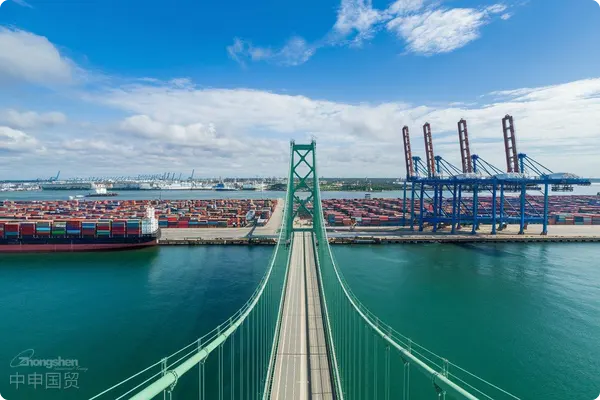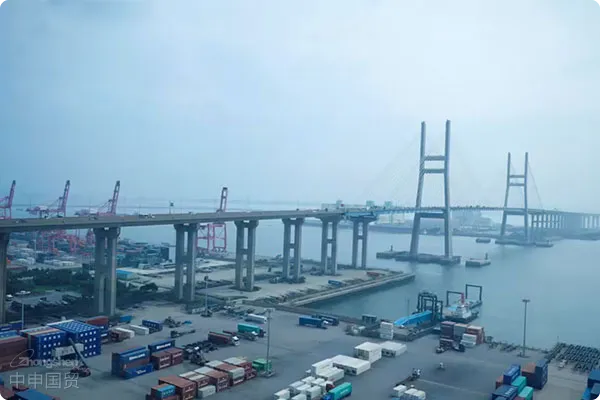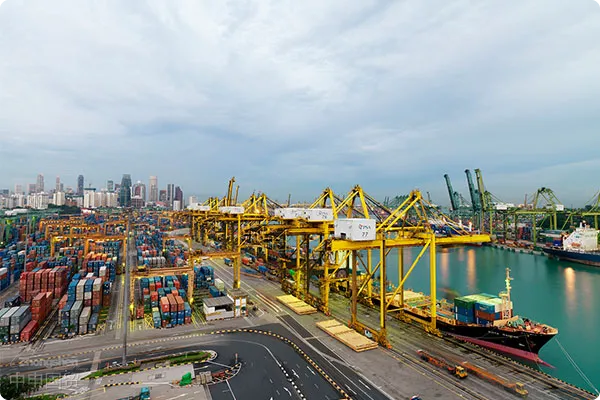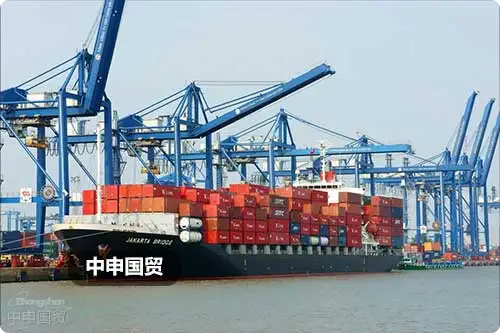- Shanghai Zhongshen International Trade Co., Ltd. - Two decades of trade agency expertise.
- Service Hotline: 139 1787 2118
Domestic freight tax refund for foreign trade enterprisesExport DrawbackPolicy changes and regional differences
Invoice requirements and expense accounting
Practical suggestions
For manufacturing enterprises, if the goods produced by the enterprise are exported and enjoy the value - added tax (VAT) refund policy, then theoretically, the input VAT amount generated by the domestic freight related to the exported goods can be deducted. These domestic freight costs refer to the transportation expenses paid by the enterprise during the export process to transport the goods from the factory to the port or other shipping locations.
Key points:
(a) Input tax deduction:Manufacturing enterprises need to ensure that the input tax amount of these domestic freight costs is compliant and deductible. The relevant transportation invoices must meet the regulations of the tax department (such as clearly indicating details like the place of departure and destination on the invoice).
(b) Export tax rebate declaration:These deducted input tax amounts can ultimately be refunded through the export tax rebate declaration, but the actual rebate amount needs to be calculated in accordance with the export tax rebate policy.
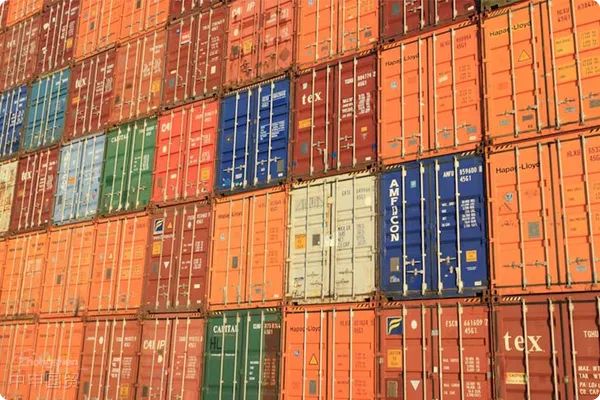
Regional Mandatory Certificationsforeign tradeDomestic freight tax refund for enterprises
For foreign - trade enterprises, the situation is a bit more complicated. Usually, when foreign - trade enterprises export goods, they enjoy the VAT exemption and refund policies. Generally, the expenses paid by foreign - trade enterprises in the international transportation link, such as internationalMaritime Transportationfreight, are not allowed to be deducted as input tax amounts.
Key points:
(a) Handling of input tax amount of domestic freight:If the domestic freight paid by a foreign - trade enterprise is directly related to the exported goods and can be reasonably allocated to the export cost, then the input tax amount of these expenses can also be deducted under certain circumstances, thus indirectly affecting the calculation of the export tax rebate.
(b) Complexity of actual operation:The tax bureau has more stringent requirements for foreign - trade enterprises. Foreign - trade enterprises should ensure the compliance of freight invoices as well as the rationality and relevance of these expenses to prevent problems during the tax - refund process.
Policy changes and regional differences
With the change of tax policies, relevant regulations may be adjusted. Therefore, enterprises should pay close attention to the latest policy documents issued by the State Taxation Administration and local tax departments in their actual operations.
Examples of policy documents:
(a) Notice of the Ministry of Finance and the State Taxation Administration on the VAT and Consumption Tax Policies for Exported Goods and Services (Caishui [2012] No. 39):Although such documents provide macro - guidance, the specific implementation details often need to be verified with the local tax bureau.
(b) Differences in local policies:Tax bureaus in different regions may have differences in implementing policies. Enterprises should operate according to the specific requirements of their regions.
Invoice requirements and cost accounting
For both manufacturing enterprises and foreign - trade enterprises, the invoices for domestic freight must be issued strictly in accordance with the requirements of the tax bureau. The invoice should clearly indicate information such as the place of departure, destination, vehicle type and number of the transportation to ensure the direct relevance of these expenses to the exported goods.
Importance of expense accounting:Under common trade terms such as FOB and CIF, the accurate accounting of domestic freight, international freight, insurance premiums and other expenses has an impact on the final export price and tax - rebate amount.
Practical suggestions
To ensure that domestic freight can be reasonably included in the input tax amount and enjoy tax refund, enterprises should:
(1) Regularly communicate with professional tax advisors to ensure understanding of the latest tax policies.
(2) In case of doubts, directly verify relevant policies and operation specifications with the local tax bureau.
(3) Ensure that all expenses related to export business are well - documented and comply with national and local tax regulations.
Summary
Overall, the domestic freight of exported goods can affect the export tax rebate through input tax deduction under certain conditions. However, whether it can be directly refunded and how to operate depend on the actual situation of the enterprise, the compliance of the invoice, and the applicability of the tax policy. Enterprises should pay close attention to the update of tax policies in their actual operations and seek professional tax advice when necessary to ensure compliance and maximize benefits.
Related Recommendations
? 2025. All Rights Reserved. 滬ICP備2023007705號-2  PSB Record: Shanghai No.31011502009912
PSB Record: Shanghai No.31011502009912
